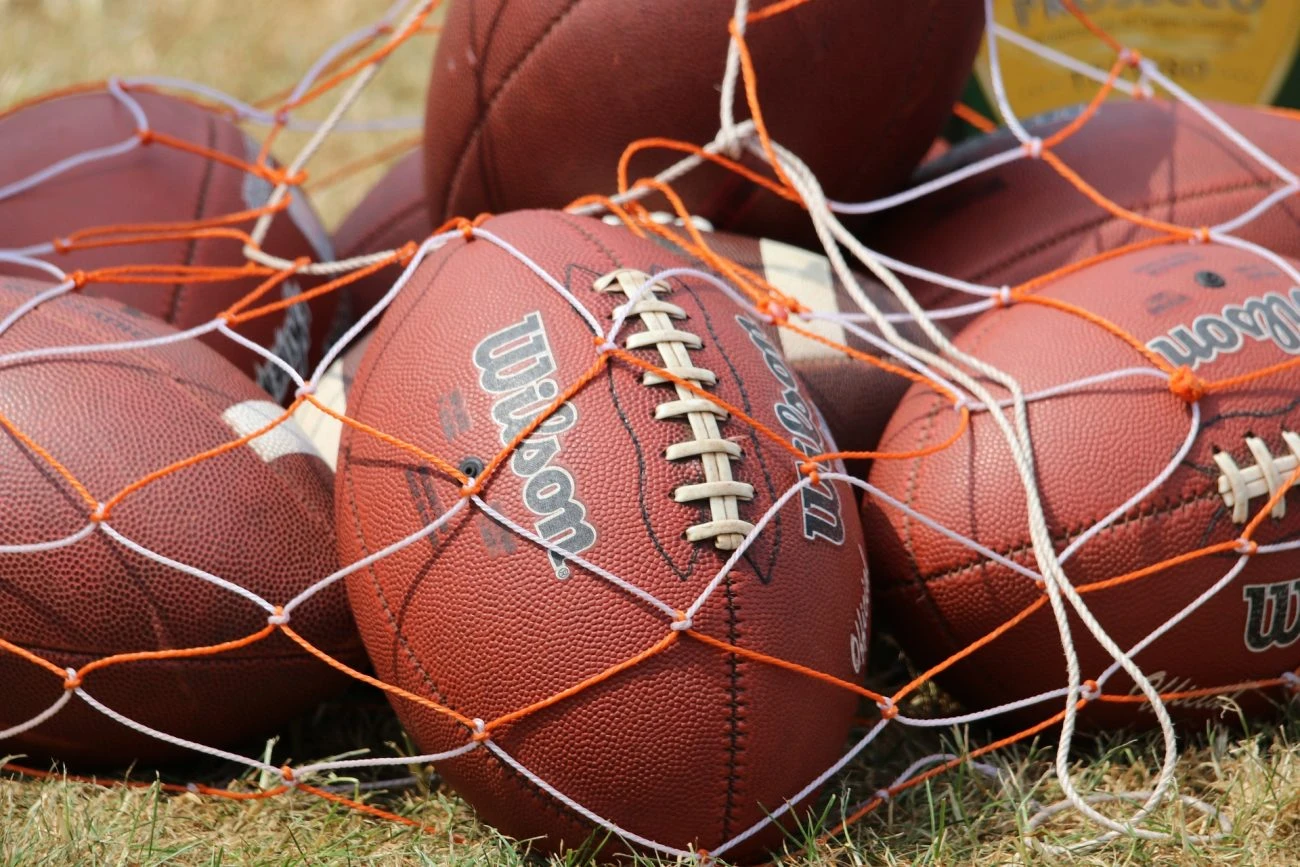Bill to end sports betting excise tax revived

The Discriminatory Gaming Tax Repeal Act, aims to finally end the 0.25% excise tax, or “handle tax”, subject to all legal sports bets.
Representatives Titus and Reschenthaler, co-chairs of the bipartisan Congressional gaming caucus, argue the tax is unnecessary and encourages illegal operations.
In conjunction with the excise tax, companies must also pay a yearly $50-a-head tax on each employee working in sportsbooks. The representatives believe the two measures together discourage employment and enable illegal operations.
“With the explosive growth of sports betting across the country, it’s time to finally repeal the handle tax which penalises legal gaming operators and punishes sportsbooks for creating jobs,” said Titus.
“As co-chair of the bipartisan gaming caucus, I’m pushing this legislation to keep legal gaming markets thriving nationwide and help local economies reap the benefits of this growing industry.”
In Titus’ home state of Nevada, excise taxes have cost the state almost $22m in 2022. The amount is more than four times the national average.
The IRS was unable to determine how the federal government spent this tax money.
Reschenthaler commented on the ways the gaming industry adds to the federal economy.
“The US gaming industry provides over one million jobs, including 33,171 jobs in Pennsylvania, and generates more than 70 billion for state and local governments throughout the country,” he noted.
“Unfortunately, outdated tax codes and burdensome regulations penalise legal operators and incentivise illegal activity. The Discriminatory Gaming Tax Repeal Act will ensure the gaming industry can support good-paying jobs and promote economic growth in southwestern Pennsylvania and across the nation.
“I’m proud to join gaming caucus co-chair Titus in introducing this bipartisan legislation, and I urge our colleagues in the House to support it.”
In light of this year’s March Madness tournament, the co-chairs report that 68 million American adults plan to place $15.5bn in bets on the NCAA Men’s Division I basketball tournament.
This is not the committee’s first attempt at getting rid of the excise tax, however, given the rapid expanse of sports betting in the US, it is clear why operators and legislators alike are seeking an end to this requirement.
